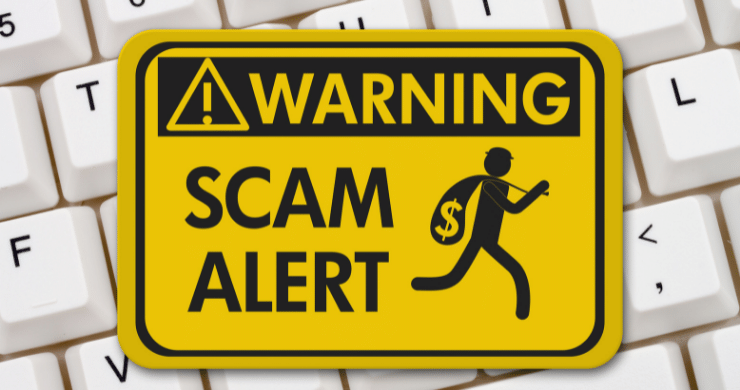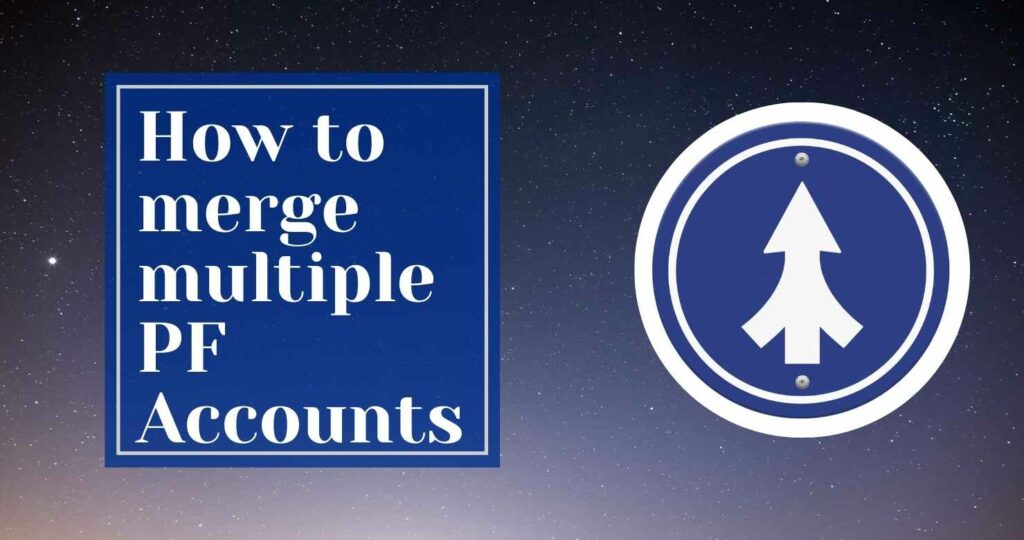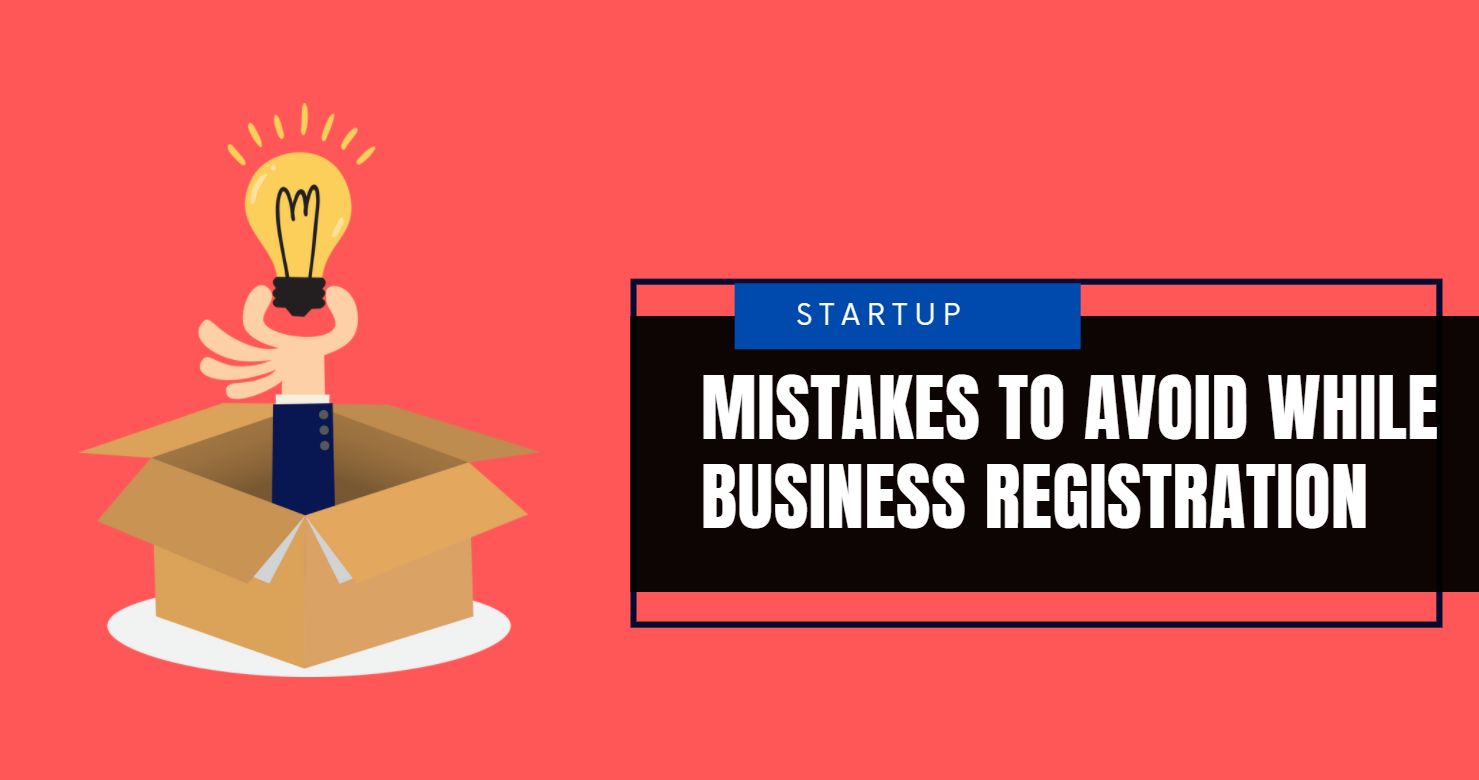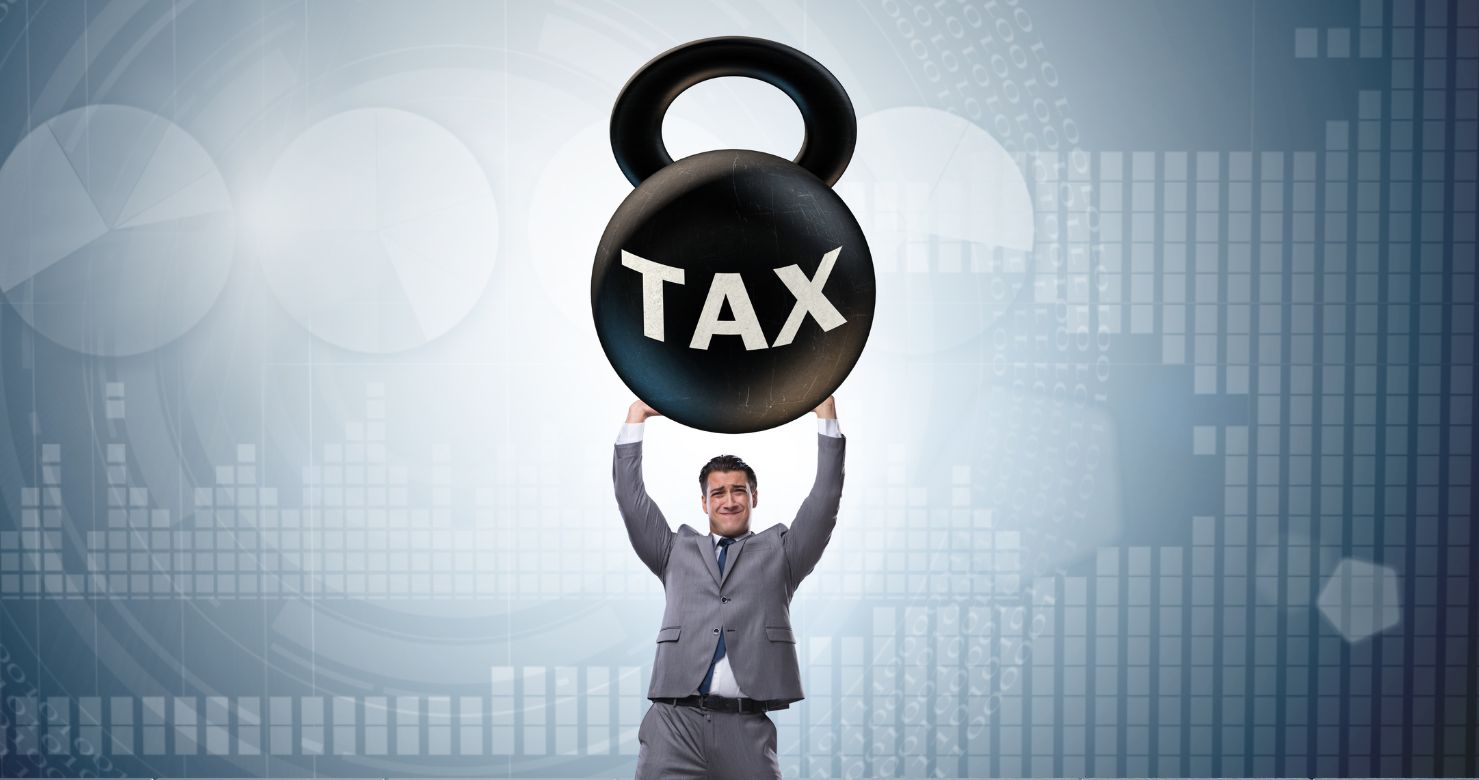
Introduction
Scams, to put it simply, are any deliberate fraudulent act, operation, or schemes intended to defraud you or take your personal information. Scammers commit identity fraud by using personal information obtained from either open sources or other sources. People who are scammed are too ashamed to speak out about their experiences and ask for help, thus the entire process occurs in secret.
Any kind of fraud can be used, including emails, door-to-door salespeople, unsolicited letters, etc. Scammers target many people, frequently for tiny sums of money, and the main location for all of these activities is abroad.
Scams of all kinds, including investment scams and those by property marketers inviting you to “exclusive” property investment seminars with case studies to pitch their schemes, were featured in past years. Since scams are constantly changing, it’s crucial to watch out for warning indications.
In the past, there have been reports of door-to-door scams, in which a salesperson presents customers with phoney or useless goods, as well as significant postal or mail fraud occurrences. Scammers obtain information on an individual or business from public sources and use it to make money by deceiving or through fraudulent methods.
Value Payable Post (VPP Scam)
A VPP (Value Payable Post) Scam exists within the general heading of scams. According to the new regulations of the Ministry of Corporate Affairs (MCA), various book publishing houses obtain information about newly registered companies from the official MCA website and send them various items like books, journals, a copy of the registration certificate, etc. while demanding a significant sum of money via VPP Post. All of information is packaged to make it appear as though MCA sent it all to the top management.
Books that appear to be informative but are useless to business directors, such as laws and regulations for corporations and a copy of the registration certificate that can be retrieved online with just one click, are delivered to newly registered companies in exchange for a hefty fee. Most people fall victim to this con and pay the fee for the post.
Additionally, as soon as the Director Identification Number (DIN) application is submitted, the applicant’s information is made available on the MCA website. Scammers then use this information to send a VPP Post containing garbage books or reading material and a demand for a sizable sum of money. The recipient examines the parcel and is persuaded that MCA sent it, so they pay the appropriate amount.
Analysis
The main question at this point is whether we have enough laws to stop all of these scams. Or are the government’s branches—the Executive, the Legislature, and the Judiciary—taking the required steps or cooperating effectively to address these problems?
If we place this transaction within the purview of the Indian Contract Statute, 1872, the act specifies the terms “fraud” and “misrepresentation” and also lays down the requirements for “legitimate transactions” under section 10[2], which makes a contract voidable in such circumstances. Furthermore, the Indian Postal Act states that “In particular and without prejudice to the generality of the foregoing power, such rules may direct that no postal article shall be so sent except upon the declaration by the sender that the same is sent in execution of a bona fide order received by an individual[3].” Additionally, the Indian Penal Code’s sections 415 to 420 explain the scope of withdrawing a trust fraudulently as well as the associated penalties.
On this issue, various people will have various opinions. As per the legal experts, this doesn’t amounts to a scam, fraud, or cheating. This action essentially constitutes an offer to enter into a contract in the manner of a door-to-door salesman for the company. In the case of Value Payable Post, it is important to keep in mind that the recipient has the right to refuse the package. In addition, it is important for everyone to keep in mind that the Ministry of Corporate Affairs does not send any documents or certificates by mail due to their online policy, and doing so does not constitute fraud on the part of the companies.
Fraud is defined as “false assertion, active concealment, promise without purpose to perform, other deceptive act, or act declared to be fraudulent.”
Such actions must have been taken with the intent to deceive the other party to the contract or his agent or to persuade him to enter into the contract by the party to the contract, another person with his knowledge, or his agent in order for them to constitute fraud.
Unless the circumstances of the case demonstrate that there is a duty to speak or that silence is equivalent to speaking in itself, parties are under no obligation to discuss information that may affect the other party’s consent to the contract, and simple silence does not amount to fraud.
Conclusion
Ministry of Corporate Affairs does not send any documents or certificates by mail due to their online policy, and doing so does not constitute fraud on the part of the companies. Whenever you receive such request of VPP, thoroughly examine the post and reach the sender to confirm if they have sent any such item.
In case of MCA, they never send any such parcels and it is safe to refuse the package.
Share This post!

Introduction
Scams, to put it simply, are any deliberate fraudulent act, operation, or schemes intended to defraud you or take your personal information. Scammers commit identity fraud by using personal information obtained from either open sources or other sources. People who are scammed are too ashamed to speak out about their experiences and ask for help, thus the entire process occurs in secret.
Any kind of fraud can be used, including emails, door-to-door salespeople, unsolicited letters, etc. Scammers target many people, frequently for tiny sums of money, and the main location for all of these activities is abroad.
Scams of all kinds, including investment scams and those by property marketers inviting you to “exclusive” property investment seminars with case studies to pitch their schemes, were featured in past years. Since scams are constantly changing, it’s crucial to watch out for warning indications.
In the past, there have been reports of door-to-door scams, in which a salesperson presents customers with phoney or useless goods, as well as significant postal or mail fraud occurrences. Scammers obtain information on an individual or business from public sources and use it to make money by deceiving or through fraudulent methods.
Value Payable Post (VPP Scam)
A VPP (Value Payable Post) Scam exists within the general heading of scams. According to the new regulations of the Ministry of Corporate Affairs (MCA), various book publishing houses obtain information about newly registered companies from the official MCA website and send them various items like books, journals, a copy of the registration certificate, etc. while demanding a significant sum of money via VPP Post. All of information is packaged to make it appear as though MCA sent it all to the top management.
Books that appear to be informative but are useless to business directors, such as laws and regulations for corporations and a copy of the registration certificate that can be retrieved online with just one click, are delivered to newly registered companies in exchange for a hefty fee. Most people fall victim to this con and pay the fee for the post.
Additionally, as soon as the Director Identification Number (DIN) application is submitted, the applicant’s information is made available on the MCA website. Scammers then use this information to send a VPP Post containing garbage books or reading material and a demand for a sizable sum of money. The recipient examines the parcel and is persuaded that MCA sent it, so they pay the appropriate amount.
Analysis
The main question at this point is whether we have enough laws to stop all of these scams. Or are the government’s branches—the Executive, the Legislature, and the Judiciary—taking the required steps or cooperating effectively to address these problems?
If we place this transaction within the purview of the Indian Contract Statute, 1872, the act specifies the terms “fraud” and “misrepresentation” and also lays down the requirements for “legitimate transactions” under section 10[2], which makes a contract voidable in such circumstances. Furthermore, the Indian Postal Act states that “In particular and without prejudice to the generality of the foregoing power, such rules may direct that no postal article shall be so sent except upon the declaration by the sender that the same is sent in execution of a bona fide order received by an individual[3].” Additionally, the Indian Penal Code’s sections 415 to 420 explain the scope of withdrawing a trust fraudulently as well as the associated penalties.
On this issue, various people will have various opinions. As per the legal experts, this doesn’t amounts to a scam, fraud, or cheating. This action essentially constitutes an offer to enter into a contract in the manner of a door-to-door salesman for the company. In the case of Value Payable Post, it is important to keep in mind that the recipient has the right to refuse the package. In addition, it is important for everyone to keep in mind that the Ministry of Corporate Affairs does not send any documents or certificates by mail due to their online policy, and doing so does not constitute fraud on the part of the companies.
Fraud is defined as “false assertion, active concealment, promise without purpose to perform, other deceptive act, or act declared to be fraudulent.”
Such actions must have been taken with the intent to deceive the other party to the contract or his agent or to persuade him to enter into the contract by the party to the contract, another person with his knowledge, or his agent in order for them to constitute fraud.
Unless the circumstances of the case demonstrate that there is a duty to speak or that silence is equivalent to speaking in itself, parties are under no obligation to discuss information that may affect the other party’s consent to the contract, and simple silence does not amount to fraud.
Conclusion
Ministry of Corporate Affairs does not send any documents or certificates by mail due to their online policy, and doing so does not constitute fraud on the part of the companies. Whenever you receive such request of VPP, thoroughly examine the post and reach the sender to confirm if they have sent any such item.
In case of MCA, they never send any such parcels and it is safe to refuse the package.






